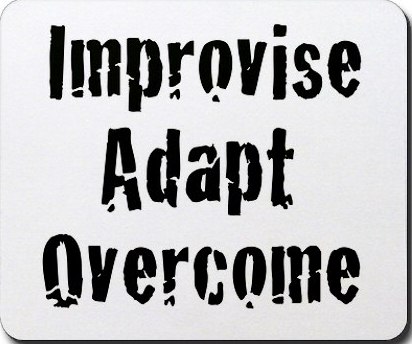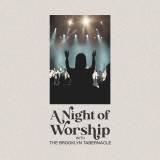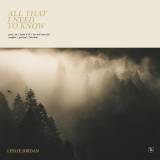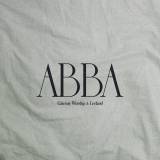Improvising Your Church Songs

If you are not already arranging and/or improvising music, you may not be interested in learning how unless you see how important it is. Think how much more effective you could be if you could improvise music without being chained to reading notes.Can you be a church pianist without knowing how to improvise? Sure you can, but your effectiveness is going to be greatly hampered. Things happen in church that require more flexibility than you can offer if you only read notes.
So how do you start arranging?
Today, I want to offer some practical and philosophical points. After you read this, I hope you will open a hymnal, pick a hymn and start arranging it. It may take a while but you will get faster and better over time.
What are you about?
I have said this before–your philosophy of music will influence the music you arrange or improvise in ways much more dramatic than you might imagine. You can often detect many things about the personality of a performer when listening to them. You can also quickly detect many things about their musical philosophy and goals.
Unless you live under a rock, you know about the current music wars in Christianity. Much of the debate centers around what elements music is supposed to convey. Should music be intellectual in nature, emotional or a combination of both? Your answer to this question will affect the way your music sounds.
Are you conservative, liberal, democratic, easygoing, uptight, traditional, or a perfectionist? Likely, we will know when we hear your music.
My music is greatly influenced by what I believe, and I have spent a lot of time thinking about it. In a summary, here is what I believe. First, music should glorify God. Second, my music should be bigger than me. Third, the primary objectives of my music are emotion and communication. Fourth, musical accessibility (ability to communicate with average people) is more important thanstructure or compositional form (someone’s rules about what good music should be).
As you start down this path toward creating your own music, think about your philosophy of music and the goals you hope to accomplish. Most musicians never really know what they are trying to do in their music, but that is only because they have not stopped to think about it.
* After a while of playing this way, you will find yourself drawn to a particular song. That is likely a good candidate for your first arrangement. By now, you probably will have at least a few unique things to do with it–perhaps some interesting chords or a technical ornament.At this point, you need to do something very important–keep track of what you are doing by recording yourself or writing things down. I do both–I keep a microphone on my piano at all times, and if I am just playing and something interesting comes from it, I record it. If I did not, I would probably only have a 10% chance of remembering it later.
I also chart songs using the Nashville numbering system. I will cover this later, but it is a quick way to map out the harmony you are going to use. I also sometimes sketch out overall plans for the song or an interesting motif or ornament I want to use. If you do not keep track of your ideas, you will feel like you are starting over every time you sit down at the piano. I promise you that you will arrange a lot faster if you record yourself or write down your ideas.
Improvising Your Church Songs
 Reviewed by Admin
on
11:50:00 AM
Rating:
Reviewed by Admin
on
11:50:00 AM
Rating:
 Reviewed by Admin
on
11:50:00 AM
Rating:
Reviewed by Admin
on
11:50:00 AM
Rating:
















Post a Comment